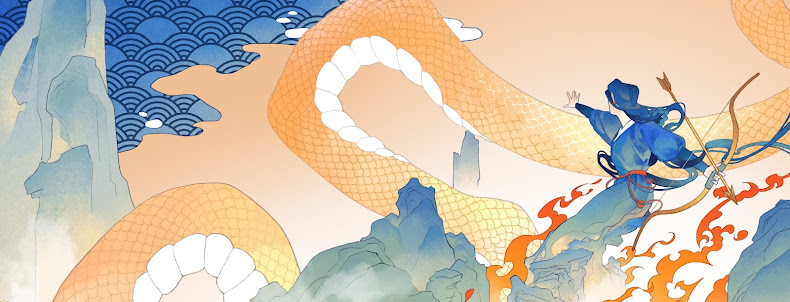I've finished Volume One (of two
Volumes) of A Short History of Modern
China by Kuo Ting-yee (it's written in Chinese and published by the Chinese
University of Hong Kong 近代中國史綱(上)). This
volume covers the time period from the 1830s up to the establishment of the
Republic of China in 1912, and it coincides with the period covered in Stephen
R. Platt's new book Imperial
Twilight: The Opium War and the End of China's Last Golden Age. Volume
Two covers the timeframe between 1912 and 1949, which I will read at a later
date. I thought it sensible to read a history book about Modern China written
by an ethnic Chinese historian.
It was a difficult (painful) read
for me (probably the same for any ethnic Chinese) because it was a blatant case
of Western countries (Britain, France, Germany & to a lesser extent, the
U.S.) plus Japan and Russia scheming to bully and split up China in the name of
fostering trade. Of course a feckless, self-serving and rotten Qing court (with
Empress Cixi and Yuan Shikai as the main culprits) not only didn't help matters but actually
emboldened foreign countries’ covetous ambitions. Honestly speaking, the causes
leading to the debacle of the Qing Dynasty were not spectacularly different
from those that helped to wipe out Ming, or Yuan, or Song, or Tang or Han. It
was always a matter of internal rot, corruption and internecine fights at the
ruling classes’ level and their gross neglect of subjects’ grievances that
initiated the process of rapid decay at the core. Unfortunately, it is also
true that the lessons of history have never been well learned even with endless
repetitions.

No comments:
Post a Comment